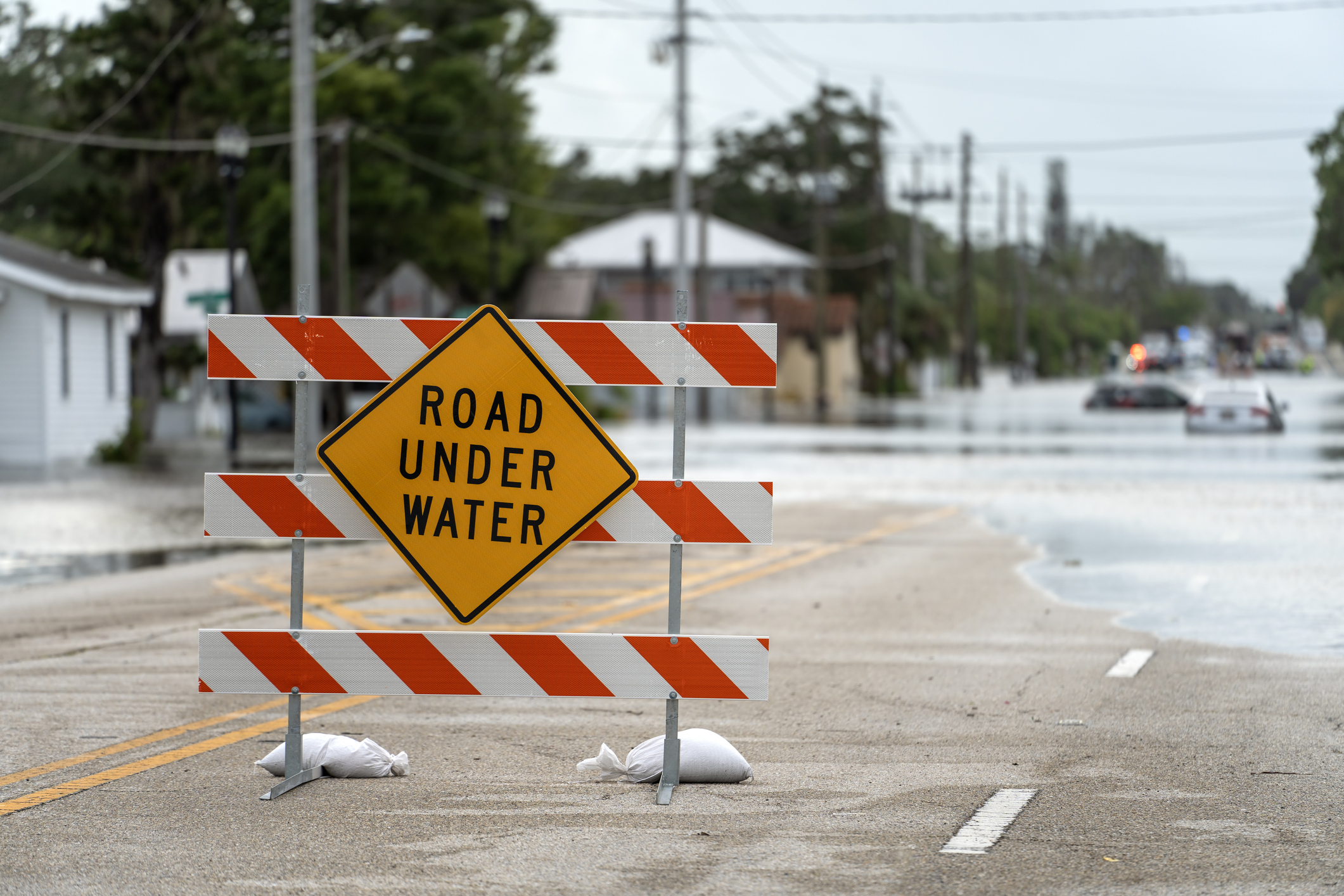One great thing about my job is that I get to buy chocolate and claim it as a business expense.
In this case I purchased “The Other Bar,” sold as part of a project using blockchain technology to connect the buyer to the cocoa farmer in Ecuador. Blockchain is simply a transparent accounting system that, in this case, allowed buyers to see where the cocoa came from. Each candy bar also included a token that could be used to help plant another cocoa tree, improving the economic wellbeing of the farmer. The goal was to increase income for Ecuadorian farmers and promote sustainable cocoa production.
Blockchain technology is increasingly used to improve environmental stewardship (that’s what I claimed on my expense report). A bill in the legislature, SB 5544, would create a state blockchain task force and help facilitate efforts that use this powerful new system for the environment and other areas.
Most frequently associated with cryptocurrencies like Bitcoin, the blockchain is simply a decentralized system of information storage that is transparent and independently verifiable. That transparency makes it possible to ensure the information is reliable. There is a wide range of potential applications. The legislation notes it “applications in computing, banking and other financial services, the real estate transaction process, health care, supply chain management, higher education, and public recordkeeping.”
That list should include the environment.
For example, in 2020 as a Chinese fishing fleet approached the Galapagos Islands, where fishing is illegal, I noted that blockchain technology could show where fish had been caught, helping consumers know the fish they are purchasing was caught legally. That is the goal of Traseable, a Fiji-based company with the goal to track each fish from “bait to plate.” By accessing the supply-chain data on the blockchain, you can follow the path of the fish you purchased, ensuring it was caught sustainably.
The blockchain is also being used to keep plastic out of the ocean. Plastic Bank pays people in developing countries to collect plastic that might wash into the ocean. They collect the plastic at several locations and then report the data using blockchain. This is extremely valuable to companies like SC Johnson that purchase the collected plastic and recycle it into Windex bottles. The blockchain-verified data allow them to prove the benefits of their partnership with Plastic Bank. At a time when companies are routinely accused of “greenwashing” – taking credit for environmental actions that are misleading or fake – the blockchain system gives SC Johnson the evidence it needs to demonstrate real environmental benefits.
Those are just two of the many environmental projects using the transparent accounting provided by systems that use blockchain accounting. The blockchain represents an opportunity to address environmental problems ranging from overfishing, to calculating the environmental footprint of production, and protection of rainforests. Hopefully SB 5544 can be a part of achieving those goals.




